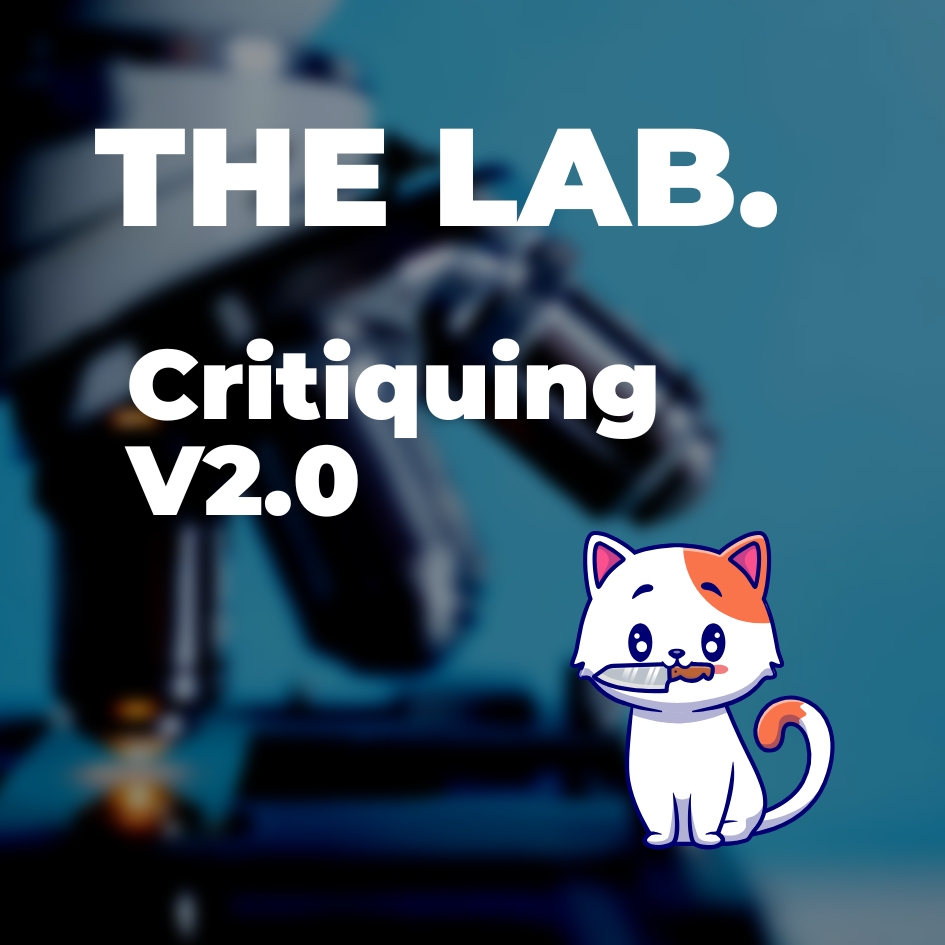Charles Ott
Basic
I just happened to pick up a favorite old humor book -- "Humans at Work" by Mike Dowdall and Pat Welch (Simon & Shuster, 1986), and now I have to share the statement by the fellow whose job is "Poet":
"I don't like to talk about my work. I don't like to talk about anything. I hate words. Words are the single greatest obstacle to communication. I don't suppose you know what the hell I'm talking about, and why should you? I hate words. I hate people, too. In my recent work, I have completely abandoned words in favor of pure abrasiveness. As you may guess, you can't do really pure wordless abrasiveness in the traditional ways, in books and magazines. You can't set it in type and distribute it to major population centers, riding the bales of pulp like a grinning flea-skull on the scabrous ankle of wino humanity hummingshining screaming down the terrifying superhighway America. Sorry. I slipped back into my word period for a second there. Excuse me."
"I don't like to talk about my work. I don't like to talk about anything. I hate words. Words are the single greatest obstacle to communication. I don't suppose you know what the hell I'm talking about, and why should you? I hate words. I hate people, too. In my recent work, I have completely abandoned words in favor of pure abrasiveness. As you may guess, you can't do really pure wordless abrasiveness in the traditional ways, in books and magazines. You can't set it in type and distribute it to major population centers, riding the bales of pulp like a grinning flea-skull on the scabrous ankle of wino humanity hummingshining screaming down the terrifying superhighway America. Sorry. I slipped back into my word period for a second there. Excuse me."




